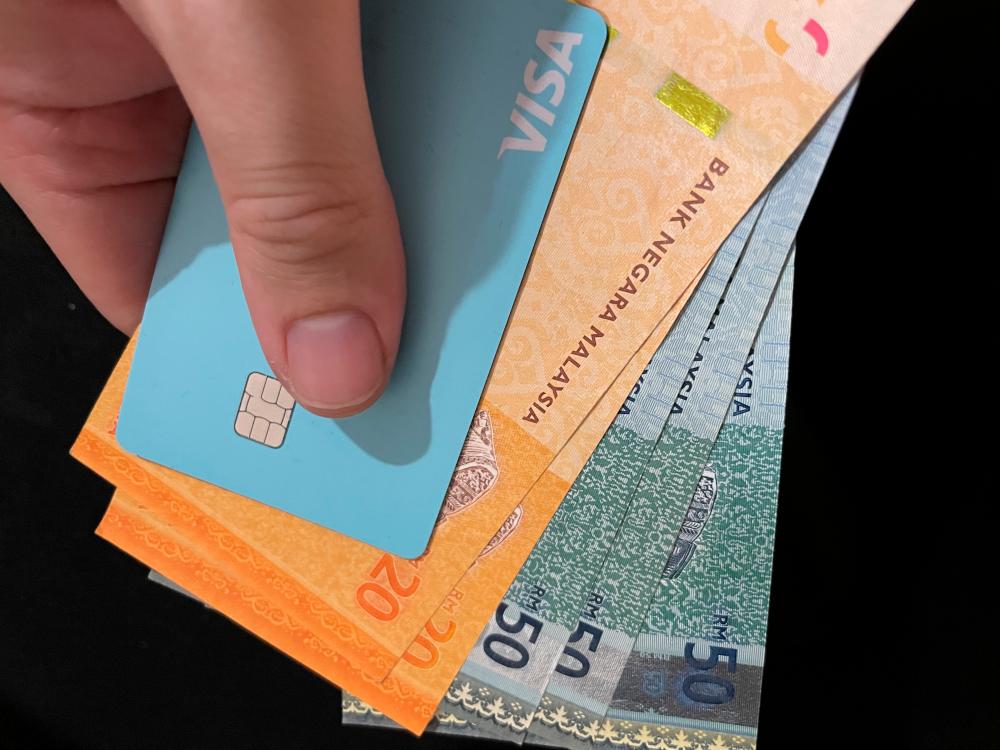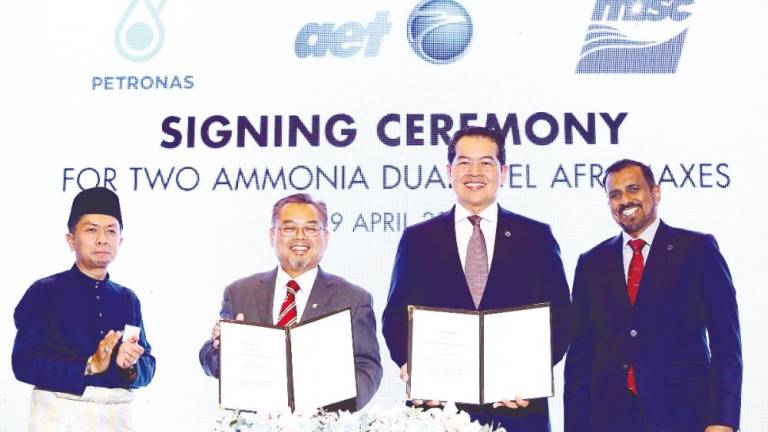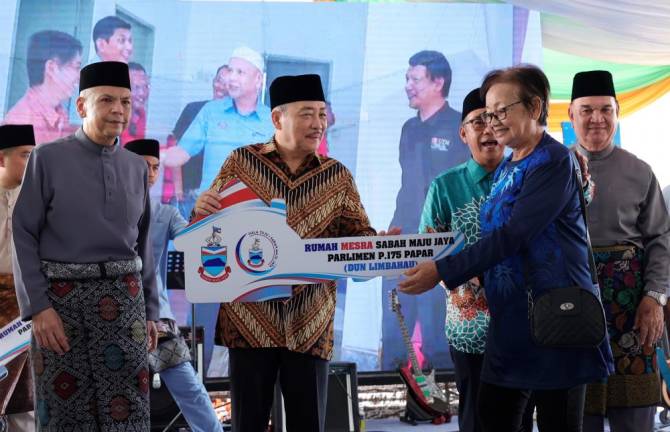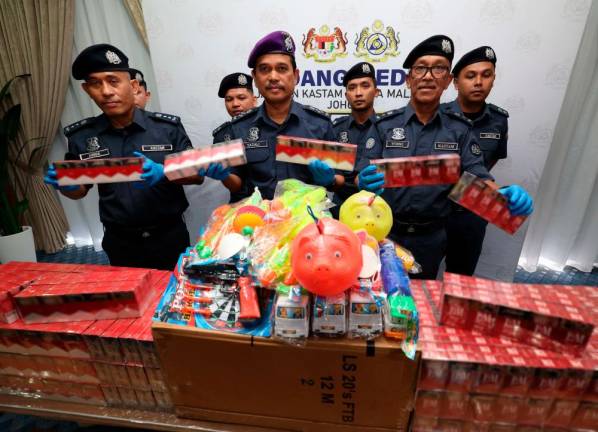PETALING JAYA: Many Malaysians are earning less than enough to survive, yet they are spending more on unnecessary items.
They have been able to continue down the path into debt because of the easy availability of personal loans and credit cards.
Finwealth Management Sdn Bhd financial planning director Felix Neoh pointed out that the habit of borrowing money without taking into account one’s ability to repay has led many into financial ruin.
“And so long as salaries do not rise in tandem with the increase in the cost of living, many more will run into financial difficulties,” he told theSun.
According to a recent report, the Covid-19 pandemic has driven many more Malaysians into debt.
The report said that the Credit Counselling and Debt Management Agency (AKPK) of Bank Negara Malaysia has been helping many to avoid bankruptcy, especially those in the low-income group.
Personal loans accounted for almost half of all cases that have led to bankruptcy. From 2017 to October 2021, a total of 22,756 individuals had trouble repaying personal loans, followed by 10,568 who could not service their vehicle hire purchase, 7,043 who failed to repay business loans and 6,704 who could not keep up with housing loan instalments.
A total of 21,804 individuals declared bankrupt were aged 35 to 44 while those aged 45 to 54 accounted for 15,272 cases.
Neoh noted that many Malaysians continue to receive very low salaries although the companies they work for are making huge profits.
“The wealth gap here has been widening, and it is the worker who pays the price,” he said.
He pointed out that prices rise as the value of money drop but incomes remain stagnant, leaving many unable to save for a rainy day.
Neoh said the high number of people severely affected by the recent floods served as an illustration of the extent of the debt problem.
However, low income is not the only factor. Neoh said many people also tend to spend whatever disposable income they have on unnecessary items. Those who do not have the ready cash end up buying on credit.
“There is easy access to personal loans to make ends meet or to buy new items, and woe be to those who are unable to meet the payment schedule,” he said.
“They are just digging a deeper hole for themselves.”
Neoh also advised against withdrawing money from the Employees Provident Fund (EPF) to meet immediate debt obligations. “Apart from retirement or to buy a house, dipping into EPF savings is not a good idea.”
He added that many who have lost their jobs in the economic fallout of the Covid-19 pandemic have already made several withdrawals under the i-Sinar scheme to tide themselves over lean periods.
He said those who do not earn enough to put some money aside every month count on the EPF savings after retirement.
“But such withdrawals have badly hurt many people’s retirement plans.”
Fortunately, this is not the end of the road. Those in financial troubles can regain control of their lives through the AKPK Debt Management Programme (DMP).
The agency helps by devising a personalised debt repayment plan for the individual seeking help.
The plan is developed in consultation with the bank.
However, those who wish to take that route must show that they still have money left over after meeting all expenses.
Apart from that, the total debt must not exceed RM5 million, the debtor must not be in an advanced stage of litigation such as a creditor’s petition, and must not already be a bankrupt, the agency told theSun.
Under the DMP, the debtor’s credit lines such as credit cards and overdraft facilities are withdrawn.
However, if he applies for a loan, the bank has the discretion to approve or reject it.
The benefits of going under the DMP are cash-flow re-alignment, reasonable payment terms, moratorium on legal proceedings and no harassment from debt collectors.
Many people tend to spend whatever disposable income they have on unnecessary items.













